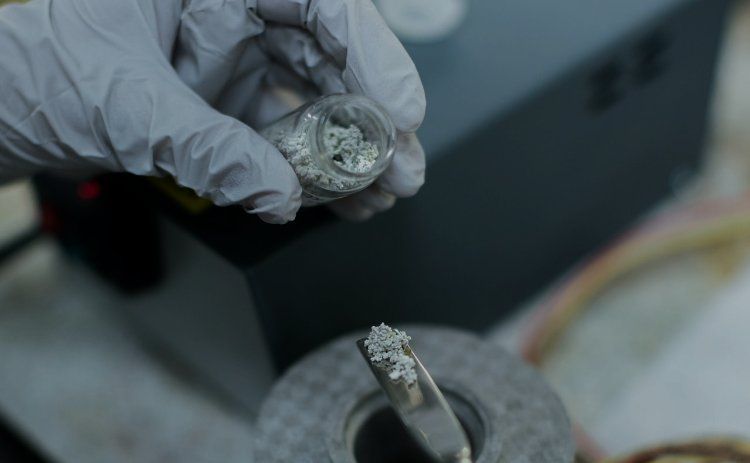
Student Research Projects in Chemistry
Student research projects in chemistry provide a unique opportunity for students to apply their knowledge and skills in a practical setting. These projects allow students to explore their interests, develop critical thinking skills, and gain hands-on experience in the field of chemistry. In this article, we will discuss the benefits of student research projects in chemistry, different types of projects students can undertake, and tips for success.
1. Benefits of Student Research Projects
Engaging in research projects can greatly enhance students' understanding of chemistry principles and concepts. By working on real-world problems, students have the opportunity to see the relevance of what they are learning in the classroom. Research projects also help students develop important skills such as critical thinking, problem-solving, data analysis, and communication.
Furthermore, student research projects provide a valuable experience that can help students stand out in college applications and job interviews. It demonstrates initiative, curiosity, and a passion for learning – qualities that are highly valued by universities and employers.
Ultimately, engaging in research projects can inspire students to pursue a career in chemistry or related fields, as they gain a deeper appreciation for the impact of chemistry on the world around them.
2. Types of Student Research Projects
There are various types of student research projects that can be undertaken in chemistry, depending on the level of the students and their areas of interest. Some examples include conducting experiments to test hypotheses, analyzing data collected from previous studies, synthesizing new compounds, or investigating chemical reactions.
Students can also choose to focus on environmental chemistry, biochemistry, analytical chemistry, or other specialized areas within the field. The important thing is for students to select a project that aligns with their interests and goals, as this will motivate them to stay engaged and committed throughout the project.
Collaborating with professors, researchers, or industry professionals can also provide students with valuable guidance and resources to help them succeed in their research projects.
3. Tips for Success in Student Research Projects
To excel in a student research project in chemistry, it is important for students to be organized, diligent, and curious. They should start by formulating a clear research question or hypothesis that they want to investigate, and then develop a research plan outlining the steps they will take to answer the question.
Students should also keep detailed records of their experiments, observations, and results, as this will help them analyze their findings and draw meaningful conclusions. Regularly meeting with their mentor or advisor to discuss progress, challenges, and next steps is also crucial for success.
Lastly, students should be open to learning from failures and setbacks, as research projects often involve unexpected outcomes. By persevering through challenges and approaching problems with a growth mindset, students can deepen their understanding of chemistry and develop resilience in the face of obstacles.
4. Conclusion
Student research projects in chemistry offer a valuable opportunity for students to apply their knowledge and skills in a real-world setting. By engaging in research projects, students can enhance their understanding of chemistry principles, develop important skills, and gain valuable experience that can set them apart in their academic and professional pursuits. With the right mindset, support, and determination, students can make meaningful contributions to the field of chemistry through their research projects.
Q&A
Question: How can students find a research project to work on in chemistry?
Answer: Students can start by reaching out to their professors, department advisors, or research laboratories at their school to inquire about available research opportunities. They can also explore online databases, scientific journals, and conferences to identify potential projects that align with their interests.
Question: What are some examples of successful student research projects in chemistry?
Answer: Some examples of successful student research projects in chemistry include developing a new method for synthesizing a compound, investigating the environmental impact of a chemical process, or analyzing the properties of a novel material. These projects have the potential to make meaningful contributions to the field of chemistry and advance scientific knowledge.
Question: How can student research projects in chemistry benefit society?
Answer: Student research projects in chemistry have the potential to address pressing societal challenges such as pollution, energy consumption, and public health. By conducting research in these areas, students can contribute to the development of sustainable technologies, innovative solutions, and scientific advancements that benefit society as a whole.







